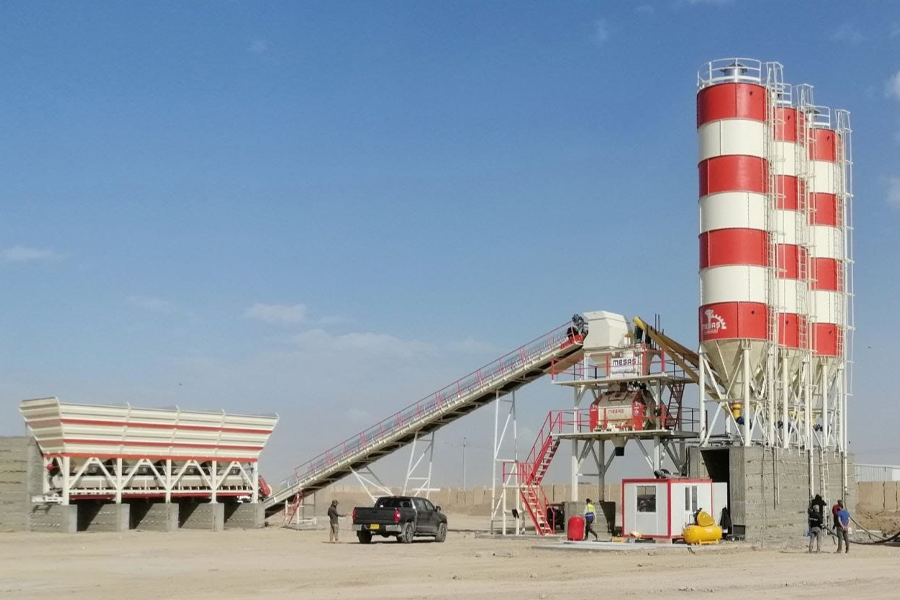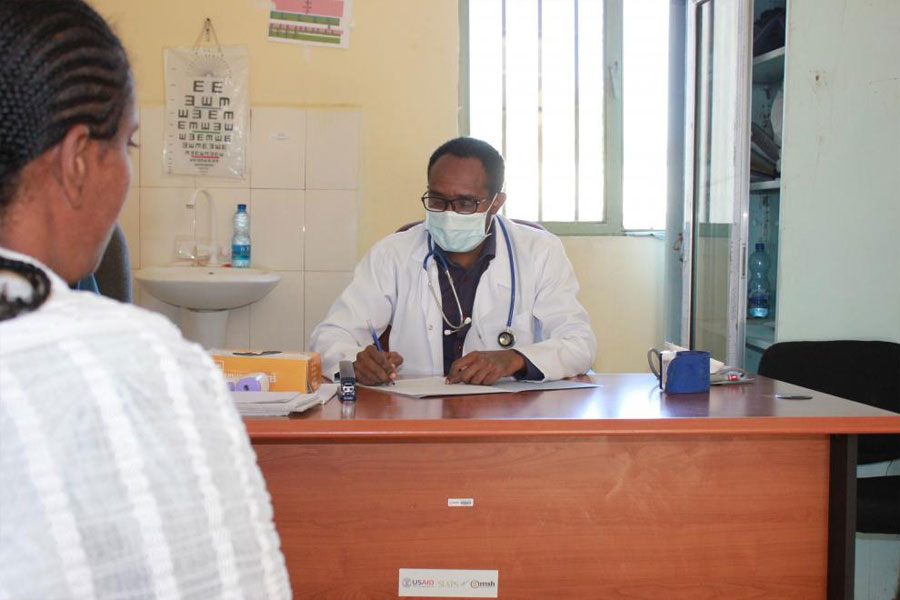
Radar | Oct 23,2023
Sep 10 , 2023
By William R. Rhodes , John Lipsky
Three upcoming international gatherings – the G20 Leaders’ Summit in September, the International Monetary Fund and World Bank annual meetings in October, and the United Nations Climate Change Conference (COP28) in the United Arab Emirates in November – will focus on devising strategies to sustain global growth and tame inflation.
With public and private debt at record levels, political leaders face the monumental task of maintaining financial stability while simultaneously allocating resources to address critical challenges such as global warming and pandemic preparation. With increasingly frequent and more intense extreme weather events underscoring the urgent need for decisive action, much of the attention will rightly be on the debt crisis currently engulfing much of the developing world.
Many middle- and low-income countries lack the necessary resources to invest in adaptation and mitigation measures; global leaders will undoubtedly be pressured to narrow the climate finance gap. However, the collapse of the traditional Paris Club-based renegotiation process and the ongoing failure of the G20’s Common Framework for Debt Treatments have hindered efforts to establish a more efficient policy framework to reduce low- and middle-income countries’ debt burdens.
Developing countries’ debt woes have been exacerbated by the sharp increase in global interest rates and decreased private capital inflows to emerging-market economies. Several recent initiatives seek to tackle the triple challenge of sustaining economic growth, ensuring financial stability, and mobilising the resources needed to address global threats like climate change. All of them, including the roadmap outlined by policymakers at the June Summit for a New Global Financial Pact in Paris and the new G20 report on reforming the multilateral development bank system, acknowledge that reviving private capital inflows into low- and middle-income countries is a prerequisite for success.
How can this be achieved, particularly given the current economic trends?
A recent report by the Bretton Woods Committee’s Sovereign Debt Working Group, which we co-chair, suggests that mobilising private capital to address today’s triple challenge would require nothing less than a new policy paradigm establishing equitable burden sharing between the public and private sectors. Currently, each sector’s roles and responsibilities in ensuring adequate funding for borrowing countries are not clearly defined, owing to a lack of consensus among policymakers and businesses.
To foster cooperation, we must improve our understanding of the different motivations and incentives driving national and bilateral lenders, as well as private investors.
To be sure, borrowing countries also must be prepared to address lenders’ legitimate concerns, including about transparency, good governance, and sound fiscal policy. From the perspective of private investors, the two most critical factors are whether opportunities align with market conditions and offer reasonable risk-adjusted returns, and whether debt restructuring processes can facilitate fair burden sharing during periods of economic stress.
A good starting point would be to redefine the official sector’s mission to reflect the role of private capital in addressing needs that the government cannot meet on its own. Leveraging the balance sheets and preferred creditor status of government institutions responsibly would enable policymakers to align the interests of the private and public sectors, de-risk certain types of investment, increase capital flows to emerging economies, and facilitate critical debt-relief efforts.
There are already effective models of cooperation that underscore the potentially transformative impact that risk sharing could have on private capital inflows and debt-restructuring deals. Such models, including partial guarantees, public-private partnerships, and certain co-financing schemes, could reduce credit risk and extend the protective umbrella of preferred creditor status to private investors partnering with official entities.
The Sovereign Debt Working Group’s analysis suggests that contractual standards, market-based initiatives, and national legislation could all improve global debt management. Moreover, policymakers and economists could develop a best-practices framework by drawing the right lessons from previous debt-restructuring arrangements. But first, the official sector must treat the private sector as a partner and ally and shift its focus to mobilising private capital. This approach would significantly depart from today’s ineffective policy frameworks if adopted.
The Global Sovereign Debt Roundtable, established by the IMF, the World Bank, and the G20 presidency (currently held by India), is a step in the right direction. This high-level committee, which includes official and private-sector representatives, could reconcile existing discrepancies and forge a new consensus on managing sovereign debt. Similarly, the World Bank’s recently announced Private Sector Investment Lab, which brings together global policymakers and senior financial-sector executives, could make significant strides toward removing the barriers currently impeding private capital flows to developing and emerging economies.
If policymakers are genuinely committed to scaling up global climate investment, they must embrace such initiatives and take further steps to enhance private-sector engagement.
This article first appeared in Project Syndicate (PS).
PUBLISHED ON
Sep 10,2023 [ VOL
24 , NO
1219]

Radar | Oct 23,2023

Exclusive Interviews | Jan 24,2023

Radar | Nov 03,2024

Viewpoints | Jun 17,2023

View From Arada | Nov 11,2023

Commentaries | Jul 07,2024

Radar | Oct 28,2023

Viewpoints | Oct 20,2024

Fortune News | Nov 03,2024

Delicate Number | Jul 15,2023

My Opinion | 131967 Views | Aug 14,2021

My Opinion | 128357 Views | Aug 21,2021

My Opinion | 126294 Views | Sep 10,2021

My Opinion | 123910 Views | Aug 07,2021

Dec 22 , 2024 . By TIZITA SHEWAFERAW
Charged with transforming colossal state-owned enterprises into modern and competitiv...

Aug 18 , 2024 . By AKSAH ITALO
Although predictable Yonas Zerihun's job in the ride-hailing service is not immune to...

Jul 28 , 2024 . By TIZITA SHEWAFERAW
Unhabitual, perhaps too many, Samuel Gebreyohannes, 38, used to occasionally enjoy a couple of beers at breakfast. However, he recently swit...

Jul 13 , 2024 . By AKSAH ITALO
Investors who rely on tractors, trucks, and field vehicles for commuting, transporting commodities, and f...

Jul 5 , 2025
Six years ago, Ethiopia was the darling of international liberal commentators. A year...

Jun 28 , 2025
Meseret Damtie, the assertive auditor general, has never been shy about naming names...

Jun 21 , 2025
A well-worn adage says, “Budget is not destiny, but it is direction.” Examining t...

Jun 14 , 2025
Yet again, the Horn of Africa is bracing for trouble. A region already frayed by wars...

Jul 6 , 2025 . By BEZAWIT HULUAGER
The federal legislature gave Prime Minister Abiy Ahmed (PhD) what he wanted: a 1.9 tr...

Jul 6 , 2025 . By YITBAREK GETACHEW
In a city rising skyward at breakneck speed, a reckoning has arrived. Authorities in...

Jul 6 , 2025 . By NAHOM AYELE
A landmark directive from the Ministry of Finance signals a paradigm shift in the cou...

Jul 6 , 2025 . By NAHOM AYELE
Awash Bank has announced plans to establish a dedicated investment banking subsidiary...